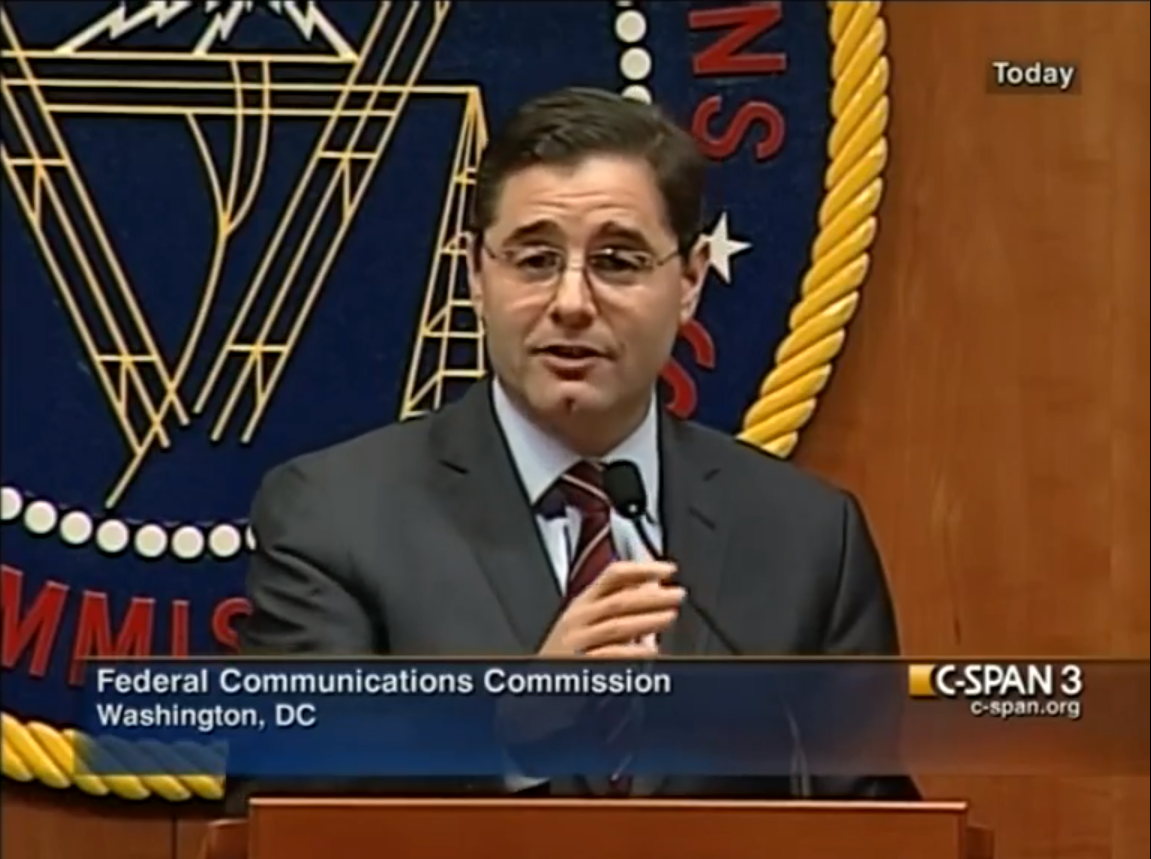Great Depression
The death of a champion and hero of mine, Robin Williams, has forced me to objectively consider the nature of depression. It’s something I consider subjectively far too often, and not by choice. But when the question is forced to the surface and calls upon an expert to provide an objective answer, there is something inside of me that raises a hand. And that image, in itself, could tell the entire story.
Another side of net neutrality: The case in favor of Title II
Cloud computing is typically presented in the context of pages such as these, as a completely new and often foreign phenomenon. It alters the complexion of data centers and converts software into services. One very seldom heard argument is that cloud computing — effectively the merger between information and telecommunications systems on a colossal scale — could not have come into existence without an effective legal precedent.
Securing Your Business in the Cloud: Asset Management
In this 2014 article, packed with interviews with many of my regular cybersecurity sources including HyTrust’s Eric Chiu, I examined the principal roadblock then affecting organizations’ ability to produce a security model for themselves: their own lack of comprehension of what it was they’d be securing.
The Office 2013 Developers’ Model: Fourth Time’s the Charm?
For the first two decades of the 21st century, Microsoft relied upon its ability to leverage its strengths in one platform to drive revenue for another. It’s a practice many thought was, or should have been, illegal, but no one ever comprehended the intricacies and subtleties of the strategy well enough to identify the point at which the practice stopped being practical and started being evil. By 2012, however, it was becoming obvious that the leverage principle could not drive Microsoft’s marketing strategy forever.
The Consumerization of IT, from a Wider angle
We write about “the consumerization of IT” the way a surfer gets up in the morning, finds a gnarly wave, and rides it home. It’s today’s big story. It’s also tomorrow’s, and we can pretty much set our alarm clocks by its arrival. But as we work ourselves into a daily ritual, we often find ourselves having lost track of the undercurrent.
Resilience in the Cyber Era
In late 2011, I entered into a project with The Economist Intelligence Unit to write a white paper, to be sponsored by the global consultancy Booz Allen Hamilton. The project’s working title, when it was assigned to me, was “Cyber Strength: The Future of Global Power.” My argument was that nothing about the title, or even the outline as it was handed to me, suggested a thing that the reader would be interested in attaining. It’s hard to know whether the topic here was about geopolitics or steampunk fantasy. I suggested the topic shift to something worth having, a kind of goal. My topic keyword stuck: resilience.
6 of Apple’s Greatest Mistakes
Steve Jobs did not invent anything – not the personal computer, not the MP3 player, not the tablet. Like the finest scientist, Jobs studied his failures and Apple’s very carefully, and unlike Microsoft, built his next success upon the smoking ruins of Apple’s failures.
Scale and Scalability [2010]
“Scalability, we’ve been told, is the inherent ability of an information system to acquire more resources and continue to perform normally,” I wrote in 2010. “But there are fundamental presumptions implicit in that notion which, in the circumstances we find ourselves in today, no longer truly apply.”
The net neutrality roadblock: Now only Congress can act
Where do the new media of the Internet stop, and the government regulatory bodies created for old media begin? A decision in favor of Comcast on Tuesday by the DC Circuit Court of Appeals does not answer that question; on the contrary, it actually asks the question all over again, this time under closer scrutiny from both the courts and the general public.
Also available
Scott’s complete resume (PDF)
Better Questions: A 2010 compilation of published articles and excerpts from books, dating back to 1986.
The (Very) Early Years of D. F. Scott: A 2005 retrospective of some of my extremely early published work, produced quite literally by popular request








![Scale and Scalability [2010]](https://images.squarespace-cdn.com/content/v1/63bdbd71803c76291a17061a/1700087367330-NQ9I7V6EFQFL13VL45TM/1280px-Jane_Austen%27s_House_Museum%2C_Chawton.jpg)
